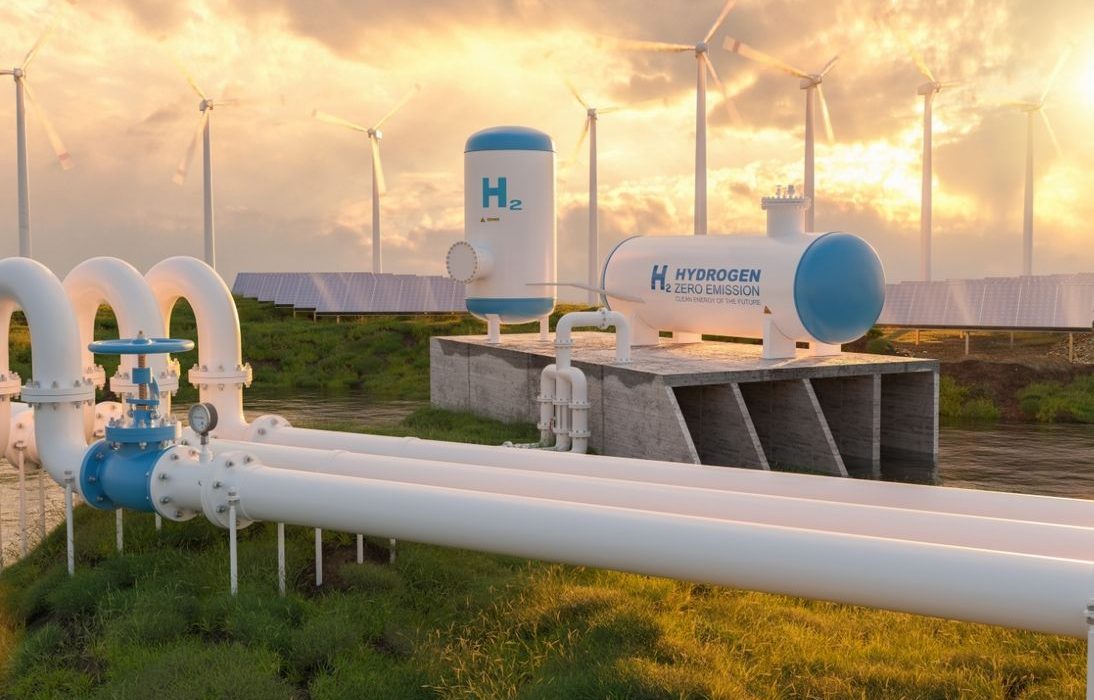British Columbia’s recent decision to toughen emissions standards for new liquefied natural gas (LNG) projects has set a high hurdle for the industry while creating one of the most robust climate plans in North America. The move comes as many countries, including the United States and China, are looking to Canada to become a global supplier of gas.
The new standards, announced on March 15, require LNG facilities to adhere to a carbon-intensity limit that is 15% lower than previous regulations. The change means that new LNG projects will have to rely on cleaner energy sources such as hydropower, wind, and solar to meet the emissions limit.
While the new standards are being lauded as a bold move to tackle climate change, they also pose significant challenges to the LNG industry in British Columbia. The province is home to several proposed LNG projects that have been in the works for years, with billions of dollars already invested.
One of the most significant challenges for the industry is the cost of complying with the new standards. Experts estimate that building the infrastructure required to meet the emissions limit could add up to 50% to the cost of a new LNG plant. The additional costs could make it difficult for British Columbia to compete with other global LNG suppliers, particularly those in the United States and Australia.
Another challenge is the impact on jobs and the local economy. The LNG industry in British Columbia has the potential to create thousands of jobs and contribute billions to the economy. However, the new emissions standards could make it more difficult for the industry to attract investment, putting these benefits at risk.
Despite the challenges, the new emissions standards are being seen as a positive step towards a cleaner energy future. They are also expected to have a ripple effect throughout the LNG industry in North America and beyond. As countries around the world commit to reducing their carbon emissions, British Columbia’s toughened emissions standards could become a benchmark for other jurisdictions.
In conclusion, British Columbia’s decision to toughen emissions standards for new LNG projects creates one of the most robust climate plans in North America. While the move poses significant challenges for the LNG industry in the province, it also sets an example for other jurisdictions to follow in the fight against climate change. With the right investments and support, the LNG industry in British Columbia could still play a significant role in the province’s economy while helping to build a cleaner, more sustainable future.










